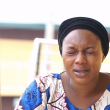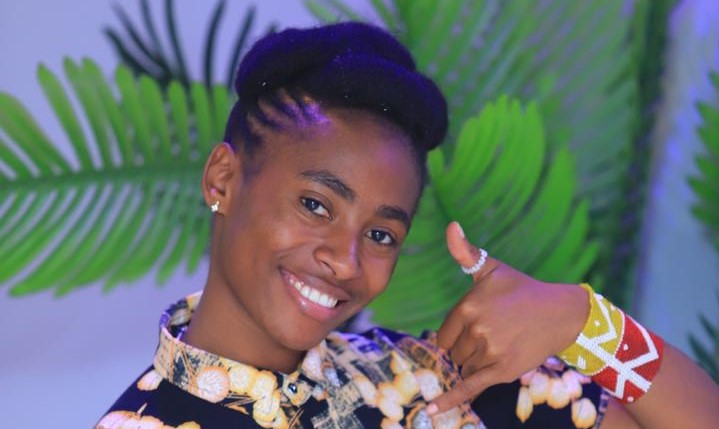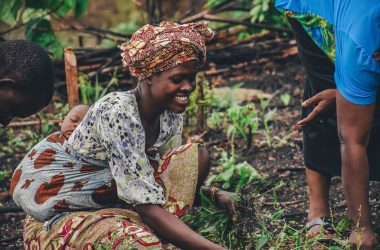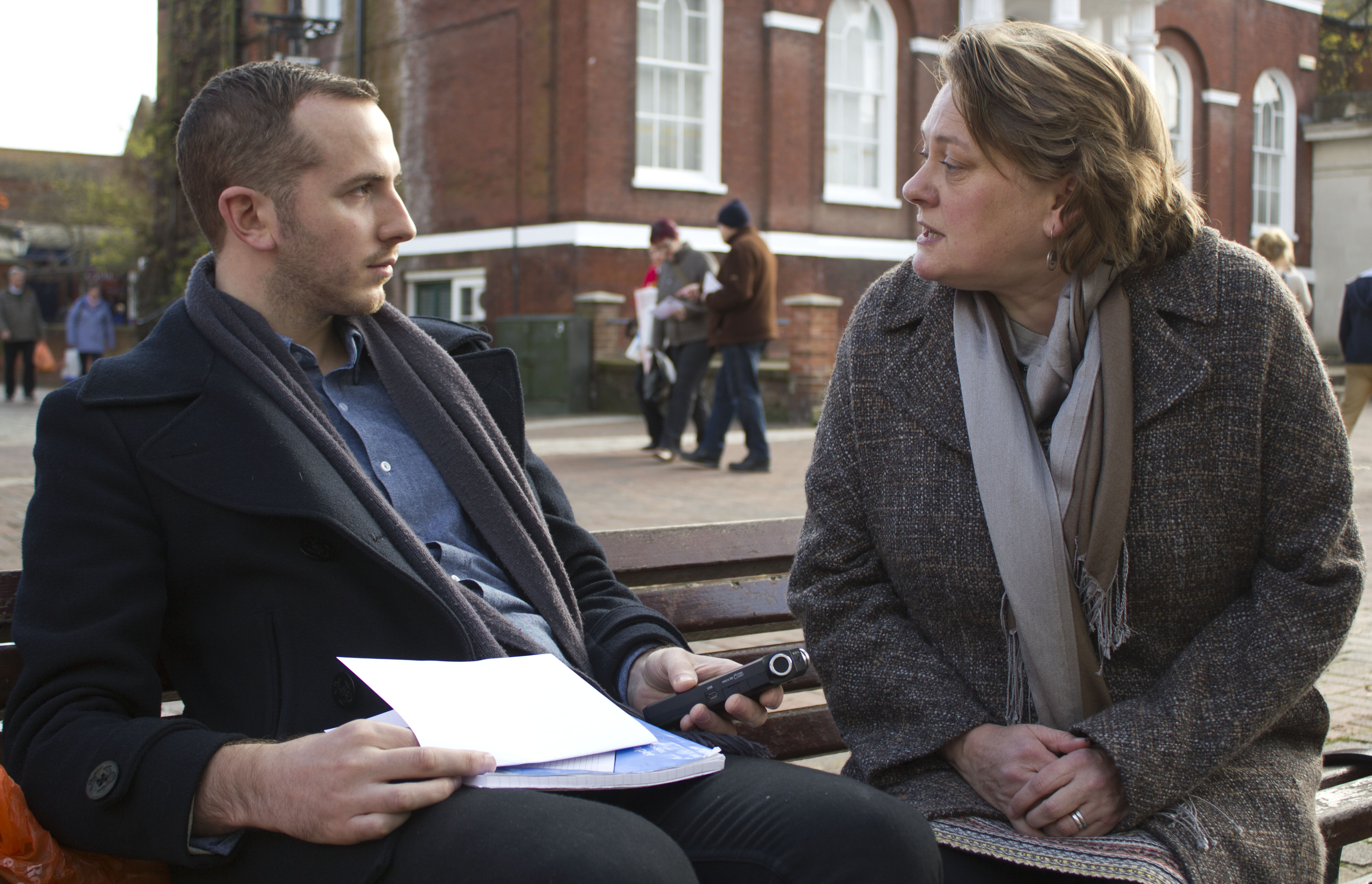Imani Henrick Luvanga is an award winning journalist from Tanzania. She initially attracted attention through her social media gender justice activism and was recognised by the Thomson Reuters Foundation as one of 2022’s Global Changemakers. At the age of just 24, she is the general manager of Kings FM, an influential radio station in the country’s southern highlands. Her podcast ‘Dig It With Imani’ is the first Swahili podcast about digital rights. As part of The Breaker’s coverage on International Women’s Day, Luvanga spoke to Paul Bacon about her journey through gender activism.
How did you initially become involved in gender justice activism and digital rights?
When I was a student at the University of Dar es Salaam, I was very passionate about media, but I didn’t know exactly what to do. I started running a morning talk show called ‘Leo asubuhi’. But I was covering everything – corruption, gender, world issues. I felt like I was missing something.
I learnt that were so many opportunities online but that gender-based violence was a critical problem in Tanzania. Many people, especially women, were not educated about how utilize these opportunities or face digital challenges such as cyber bullying. I realised that people needed education about digital rights, inclusion and digital opportunities and I needed to reach more people, so I started to use my social media platforms to educate instead of sharing pictures of my food and travels.
I started ‘Dig it with Imani’, the first Swahili podcast about digital rights. This was when people began identifying me as digital rights advocate and the podcast gave me more authority, trust and opportunities such as when I was recognised by Thomson Reuters as one of 2022’s global change makers and travelled to the UK.
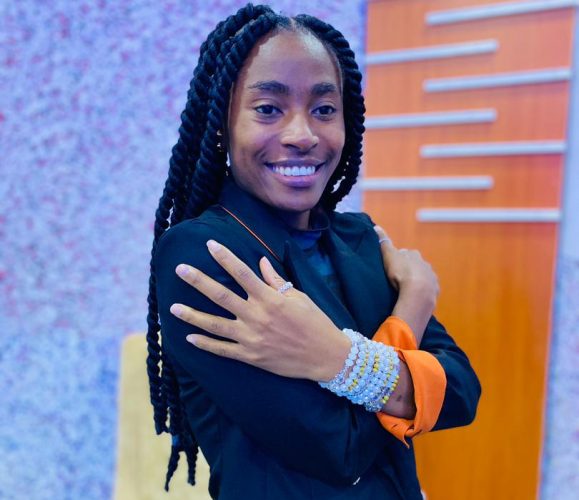
What challenges have you faced managing your radio station?
When I first started working at Kings FM, soon after completing my university studies, everyone was asking – how can this young woman can lead us? She is too young. She is a woman as well. It was really challenging and traumatic for me. My staff were more experienced than me. I was the youngest, and I still am. It was hard for them to trust that I could lead them and treat them as they wanted to be treated. There were times before I arrived when they would go two months without getting paid and the mood was downbeat.
The beginning was difficult. But over time, I managed to convince the staff and we worked hard as a team. I thank God and I thank them that they understood what I wanted. We initiated successful new projects, impactful community outreach and engaged the audience. Finally, I managed to double their salaries and ensure they are always paid on time, so the energy has completely changed.
Within the time of managing Kings FM, I’ve transformed the station from where it was, bringing it alive online. Now, it’s the leading station in Southern Tanzania and a source of news across the nation.
How does your activism impact the way you manage Kings FM?
Obviously I’m a very gender sensitive person and wanted to educate the audience, so I created regular shows to do that. We have a women’s program which is called ‘Nguvu za mwanamke’ in Swahili which in English is ‘Woman power’. We also have a program which is called ‘Tuzungumze Ukatili’ which means ‘Let’s talk about (gender-based) violence’. We discuss how gender-based violence can prevent women from fulfilling their dreams and make them aware of how to deal with any kind of violence that they might face whether in homes or in workplaces. So by using those programs we educate women on equality and their position and importance in the community.
How are you celebrating International Women’s Day in 2023?
In the lead up to International Women’s Day, we have a campaign featuring women who have brought a positive impact to the community. We want to show that if a woman is given the chance to show what she has, then she can do wonders.
I also have a very exciting episode of my podcast that will be dropping on International Women’s Day. It is a collaboration between myself and a podcaster from Kenya called Cecilia. We have interviewed women about how technology has transformed their lives and will be sharing our insights and experiences about the state of digital rights in Kenya and Tanzania.
We want to show that if a woman is given the chance to show what she has, then she can do wonders.
On the day, I am going to Rwanda to deliver radio pop-up shows about how digital platforms can be used as advocacy tools for health issues at the Africa Health Agenda International Conference. I will be wearing my batiki. It’s a special national costume for Women’s Day that many Tanzanian women will be wearing.
Later in the month, we will be going to schools to donate menstrual hygiene products to young girls because we know we cannot have tomorrow’s women without protecting today’s girls. Some of them have been missing school because of menstruation and being unable to afford pads. So we have decided to donate and educate them on self-awareness and online opportunities and online gender-based violence.
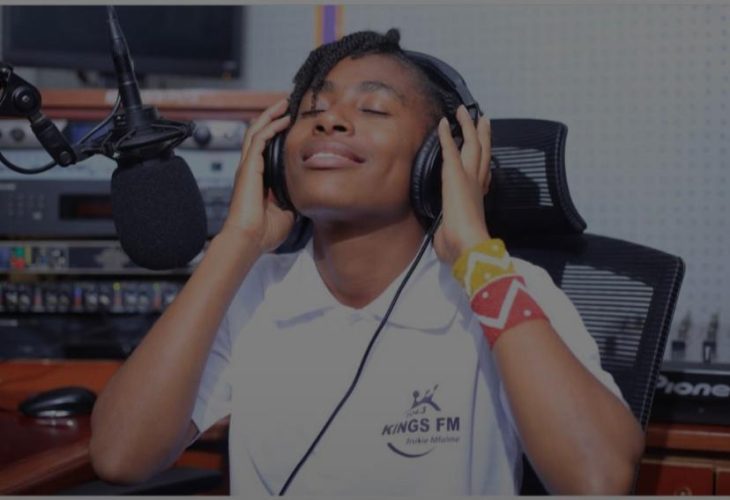
You spoke of your international collaborations. Are the issues which are affecting women in Tanzania similar to what’s happening in Kenya and elsewhere?
My experiences not only with my Kenyan colleagues but also with journalists from Botswana, Zambia, Malawi and in Nigeria suggest that the challenges are almost the same. For example, the widespread normalizing of online gender-based violence, as if that’s how it has to be. Women in all countries are stepping back because of the mentality that ‘When I’m online, I’ll find violence, I’ll find bullying, I’ll find cyberstalking.’ But we differ in how to tackle these issues. That’s the power of sharing experiences. When someone tells you how they are working towards a certain challenge we can learn new ways from them and localize it.
Imani, what does the future hold for you?
I see myself not as boss, but as a leader. I’m not a teacher but I love seeing people learn and succeed. I want to see everyone enjoying digital rights and taking advantage of digital opportunities because this is where the word is heading.
Women in all countries are stepping back because of the mentality that ‘When I’m online, I’ll find violence, I’ll find bullying, I’ll find cyberstalking.’
I will not be at peace until I have changed the media narrative and I’m working so hard at initiating new projects and energizing my colleagues because I believe that if you are not happy with what you are doing, you are cannot excel. I want to show the younger generation that if a woman is given a chance then she can do wonders. As I, the youngest station manager in Tanzania, has done.
I see myself continuing to work for my community, for my country and continuing to motivate more women to be online despite the challenges they are facing. In Swahili, we have a saying which means ‘the way to solve a problem is not to run out away from it, but to find a way to solve it.’ So, we have to teach women that despite the challenges they face online there is a potential and beauty of the digital space. We have to make sure that we maintain our digital presence and identity and enjoy our rights to take advantage of the opportunities.




